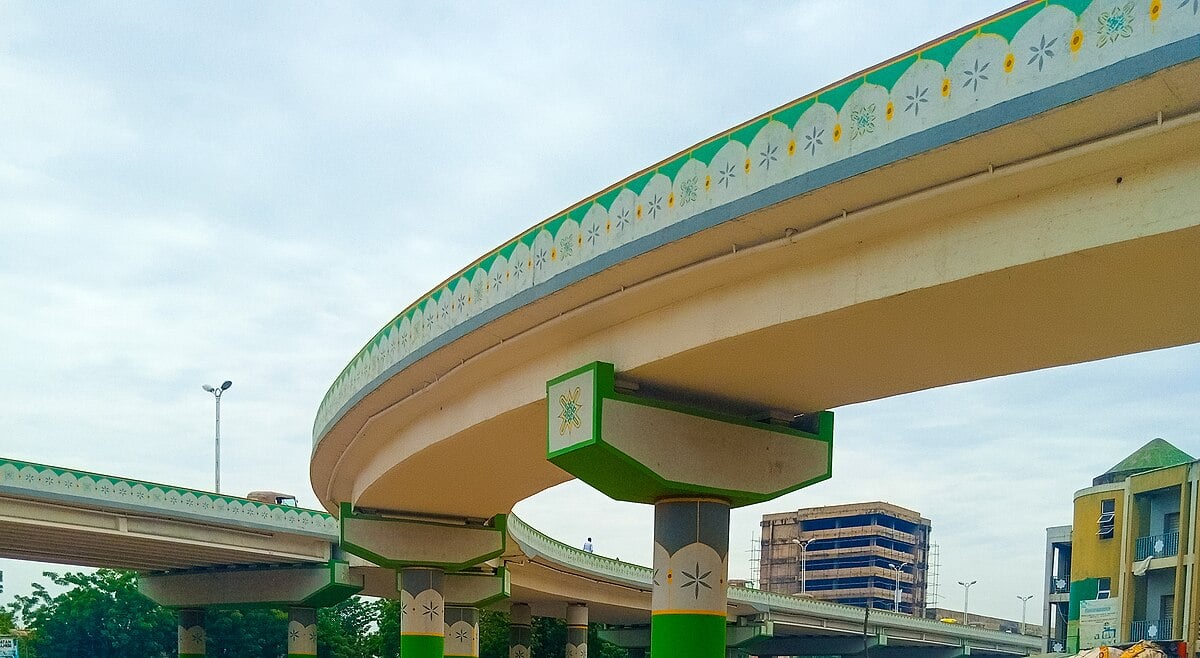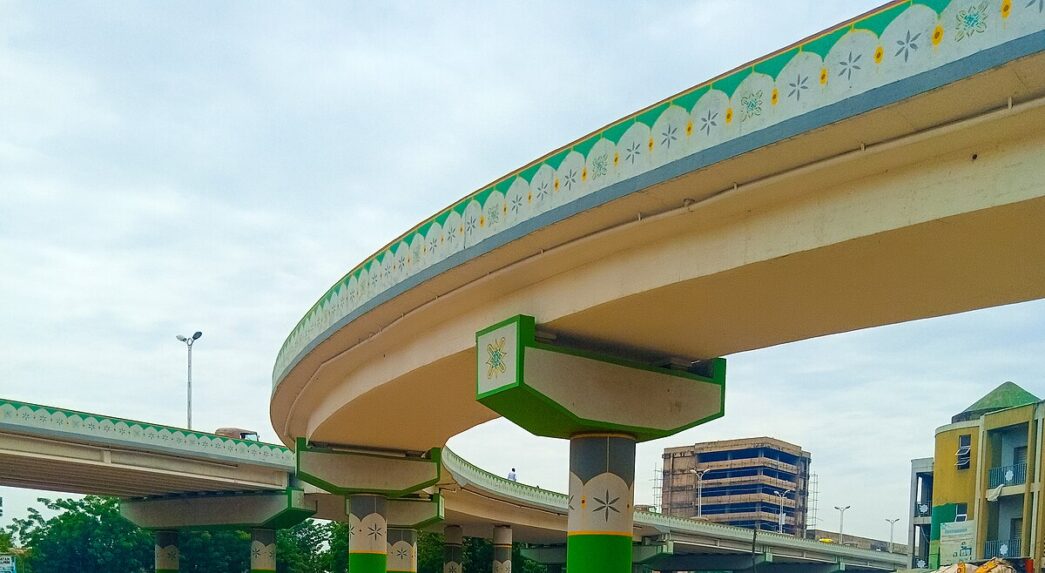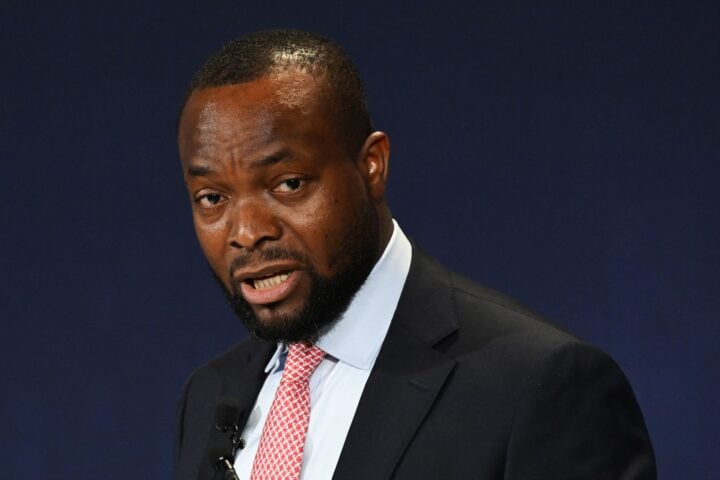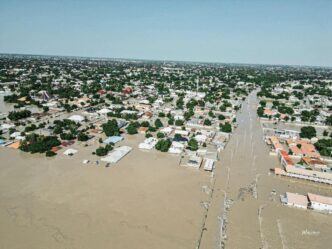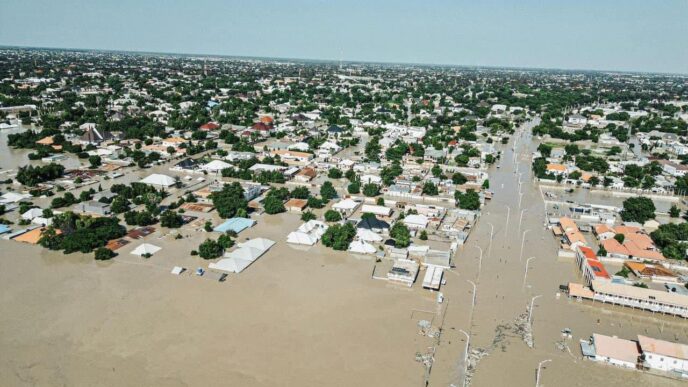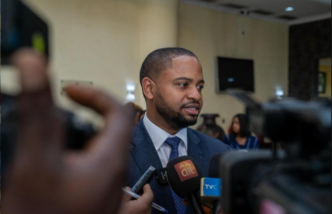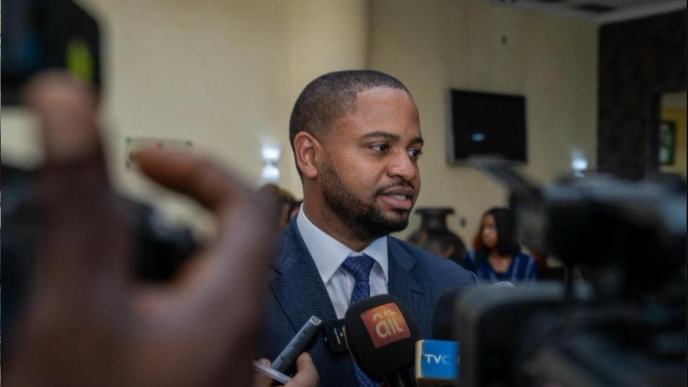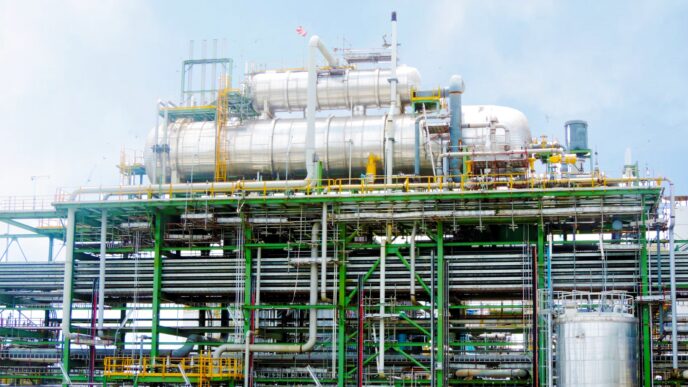BY YUSUF ALHAJI LAWAN
In recent years, northern Nigeria has witnessed a surge in the construction of flyovers and underpasses, with several states embarking on these massive infrastructure projects. While the intention behind these projects may be to improve traffic flow and urban aesthetics, a critical examination of the region’s pressing challenges raises a fundamental question: are flyovers truly a priority for Northern Nigeria?
As the region grapples with more pressing concerns such as widespread poverty, inadequate education and healthcare, insecurity, and youth unemployment, one cannot help but wonder if the resources devoted to these flyover projects could be better allocated. A number of citizens across social media platforms argue that the flyover frenzy sweeping across northern states represents a misplaced priority, driven more by the lure of corruption and prestige rather than a genuine desire to address the region’s developmental challenges.
Kano, Nigeria’s most populous state and commercial hub, has long been a trailblazer for other northern states. Strategically located and rich in diverse resources, Kano has set the pace for its neighbours, both positively and otherwise. In recent years, the state has invested heavily in constructing flyover bridges and underpasses across the city, which many acknowledge have improved traffic flow.
Advertisement
Successive administrations have sustained this infrastructure drive. However, even in Kano, the massive funds allocated to these projects are staggering, prompting concerns that other critical sectors are being overlooked. The state’s numerous challenges, such as poverty, education, and healthcare, also require substantial investment to reduce dependence on infrastructure projects. More so, it may not be that all the locations where these edifices are erected are genuinely in need of them, there may be more reasons aside from avoiding traffic congestion.
Regrettably, this trend is spreading to other northern states, many of which lack a sincere need for such projects. As the flyover frenzy gains momentum, it is essential to reassess priorities and ensure that limited resources are allocated efficiently to address the region’s most pressing challenges.
Discussing Nigeria’s challenges, particularly in Northern Nigeria, is a daunting task. The region is plagued by multitude problems, including economic crisis, corruption, terrorism, unemployment, inadequate infrastructure, poor education system, ethnic and religious tensions, poverty, and inequality. It’s alarming that the country seems to be sitting on a time bomb, yet its leaders appear distracted. The decisions they make often leave one wondering if they’re intentionally undermining development and perpetuating a cycle of frustration, desperation, and hardship for patriotic citizens.
Advertisement
The economic crisis is a major concern, with rising inflation, decreasing annual profits, and a slow-growing GDP. Corruption is another significant issue, with many government officials embezzling funds meant for development projects. Terrorism, insurgency, banditry and other criminalities particularly in the North, have caused widespread destruction and loss of lives. Unemployment is rampant, with many graduates struggling to find jobs, not to mention the unskilled and semi-skilled.
The education system is also in shambles, with many schools lacking basic infrastructure and qualified teachers. Ethnic and religious tensions are on the rise, with many communities experiencing violence and discrimination. Poverty and inequality are endemic, with many Nigerians living below the poverty line.
The situation is dire, and it’s essential that the governments take immediate action to address these challenges. This includes investing in education, healthcare, and infrastructure, as well as tackling corruption and terrorism head-on. Governments must also work to reduce poverty and inequality by implementing policies that promote economic growth and social justice.
Over the past two decades, I’ve had the privilege of travelling extensively throughout Nigeria’s 36 states and the Federal Capital Territory, as well as venturing beyond the country’s borders. Through these experiences, I’ve gained a profound understanding of our nation’s challenges. This serves as a motivating factor to share my thoughts as a patriotic citizen. Unfortunately, what I’ve witnessed is a stark reality: Nigeria is lagging behind, and our situation is dreadful. The future looks bleak.
Advertisement
This realisation underscores the urgent need for us to come together as a nation and demand better governance. We must advocate for an all-inclusive administration that prioritises peace, progress, and sustainable development. This is the only way to ensure a brighter future for ourselves, our children, and generations to come. If we fail to take action, the consequences will be severe, and the future will indeed be gloomy. It’s time for us to open our eyes, stand firm, and work towards creating a legacy of prosperity and peace that will endure for generations.
Yusuf Alhaji Lawan writes from Hausawa Asibiti Ward, Potiskum Yobe State. He can be reached via [email protected].
Views expressed by contributors are strictly personal and not of TheCable.
Add a comment
